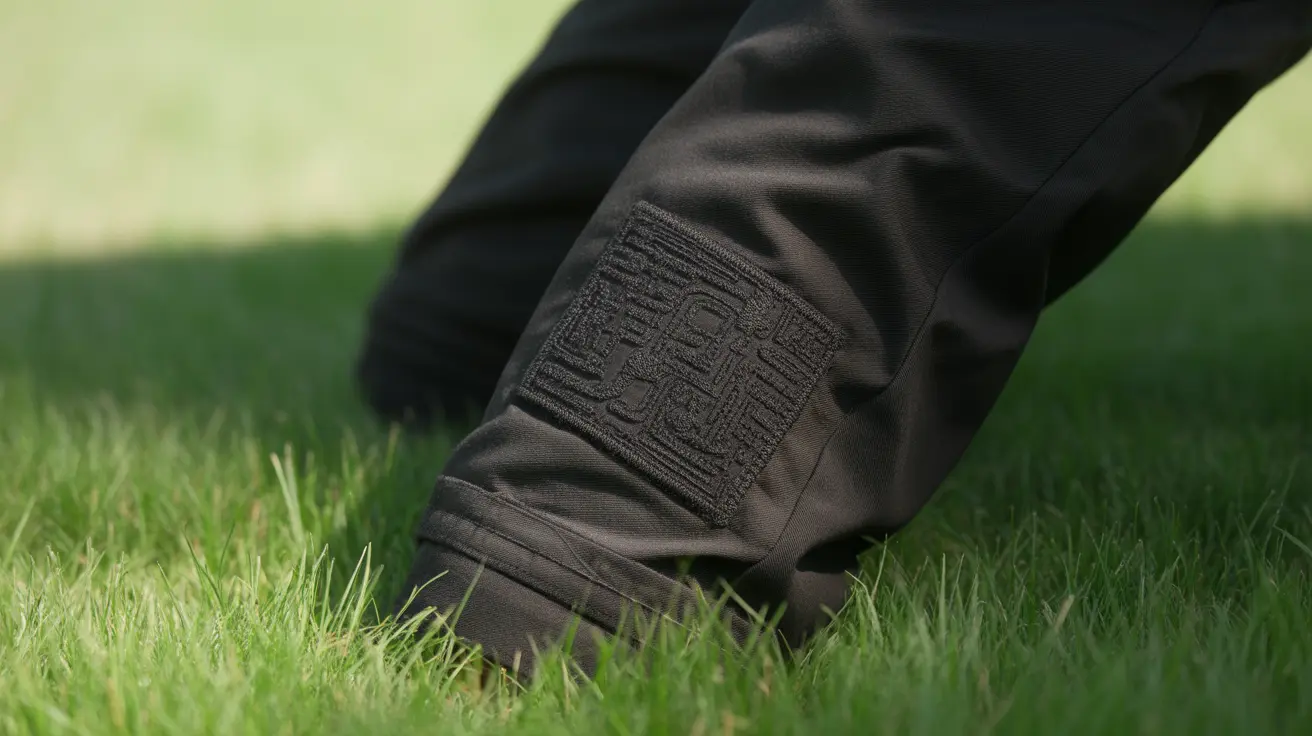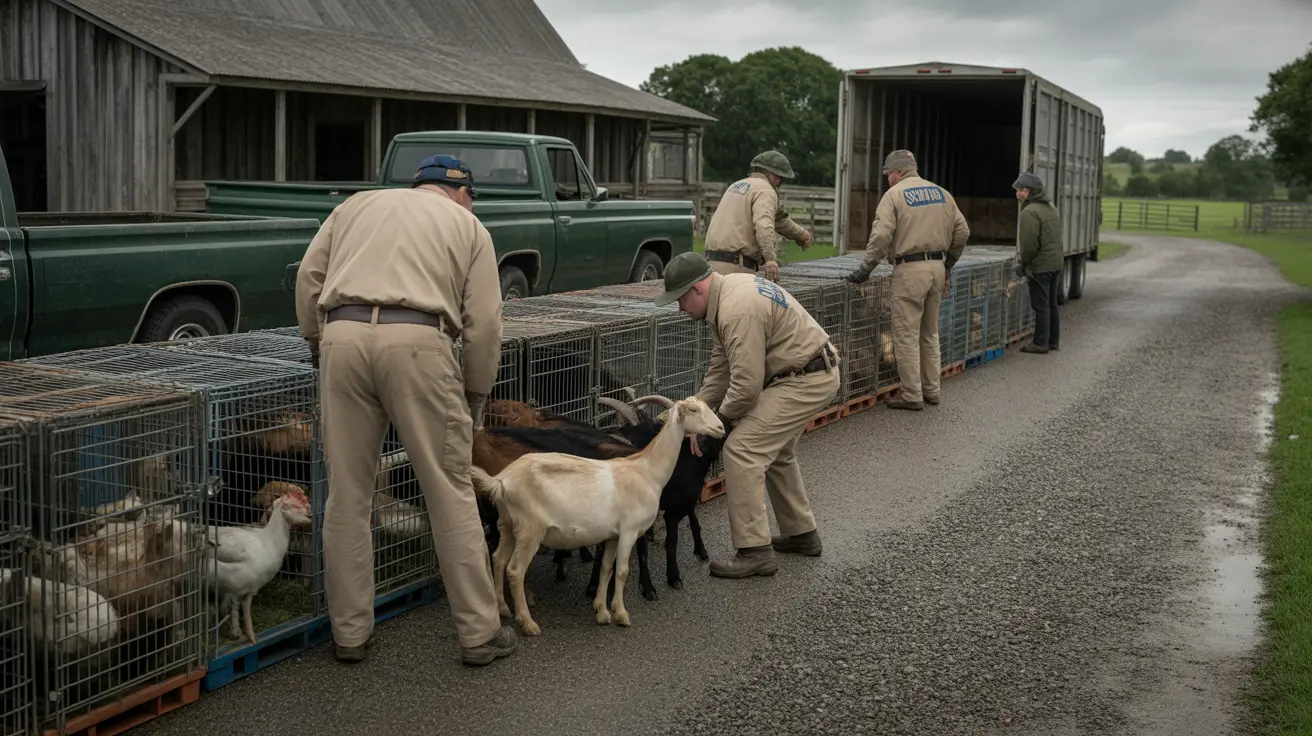The Number One Food You Should Never Feed Your Dog
Dogs are beloved companions and members of our families. Naturally, we want to share everything with them—including our food. However, not all human foods are safe for dogs. Some can be mildly irritating, while others can be downright deadly. Among them, chocolate stands out as the number one food you should never feed your dog.
Why Chocolate Is Dangerous for Dogs
Chocolate contains two key substances—caffeine and theobromine—which are toxic to dogs. While humans can metabolize these compounds quickly, dogs process them much more slowly, allowing the toxins to build up in their system and potentially cause severe reactions—even death.
- Theobromine: A stimulant found in cocoa that affects the heart, central nervous system, and kidneys.
- Caffeine: A similar stimulant that exacerbates the toxic effects of theobromine.
The concentration of theobromine and caffeine varies depending on the type of chocolate. Here's a breakdown:
- Dark chocolate and baking chocolate: Highest levels of theobromine; extremely dangerous even in small amounts.
- Milk chocolate: Lower levels but still toxic in moderate quantities.
- White chocolate: Least toxic, but overconsumption still poses risks due to fats and sugars.
Symptoms of Chocolate Toxicity
If your dog ingests chocolate, symptoms may appear within 6 to 12 hours. These include:
- Vomiting and diarrhea
- Restlessness or hyperactivity
- Increased heart rate
- Frequent urination
- Muscle tremors or seizures
- In severe cases, coma or death
The severity of symptoms depends on the dog’s size, the type and amount of chocolate ingested, and overall health status.
What to Do if Your Dog Eats Chocolate
If your dog has ingested chocolate, it is critical to act quickly. Here are the steps you should take:
- Call your veterinarian or an emergency vet clinic immediately.
- Provide details: Your dog's weight, the type and amount of chocolate consumed, and the time of ingestion.
- Follow the vet's advice, which may include inducing vomiting, administering activated charcoal, or monitoring vital signs.
Other Foods That Are Dangerous to Dogs
While chocolate tops the list, these foods are also harmful to canine health:
- Grapes and raisins: Can cause kidney failure.
- Onions and garlic: Damage red blood cells and cause anemia.
- Macadamia nuts: Lead to weakness, tremors, and hyperthermia.
- Xylitol: An artificial sweetener that causes insulin release, leading to dangerous hypoglycemia.
- Alcohol, caffeine from other sources, and salty foods: All can be toxic in varying degrees.
Safe Alternatives for Treating Your Dog
Instead of table scraps or potentially harmful food, consider these healthy and dog-safe treats:
- Carrots
- Apples (no seeds)
- Pumpkin (plain, cooked)
- Green beans
- Commercial treats from reputable brands
How to Prevent Accidental Ingestion
Prevention is key when it comes to keeping your dog safe from chocolate and other harmful foods:
- Store chocolate and baked goods out of reach—in high cabinets or closed pantries.
- Inform family and guests not to feed your pets human food.
- Be extra cautious during holidays like Halloween, Christmas, and Easter when chocolate is abundant.
- Educate children about why dogs can’t eat certain foods.
Key Takeaways
- Chocolate is uniquely harmful to dogs due to the presence of theobromine and caffeine.
- The type and amount of chocolate consumed influences the level of toxicity.
- If your dog eats chocolate, seek veterinary help right away.
- Always choose safe, healthy alternatives to treat your dog and ensure their long-term well-being.
Understanding what not to feed your dog is just as crucial as knowing what to feed them. Chocolate may seem harmless—even a nice treat—but in the wrong paws, it can turn deadly. As a pet parent, your vigilance will help ensure your furry friend leads a long and healthy life.





